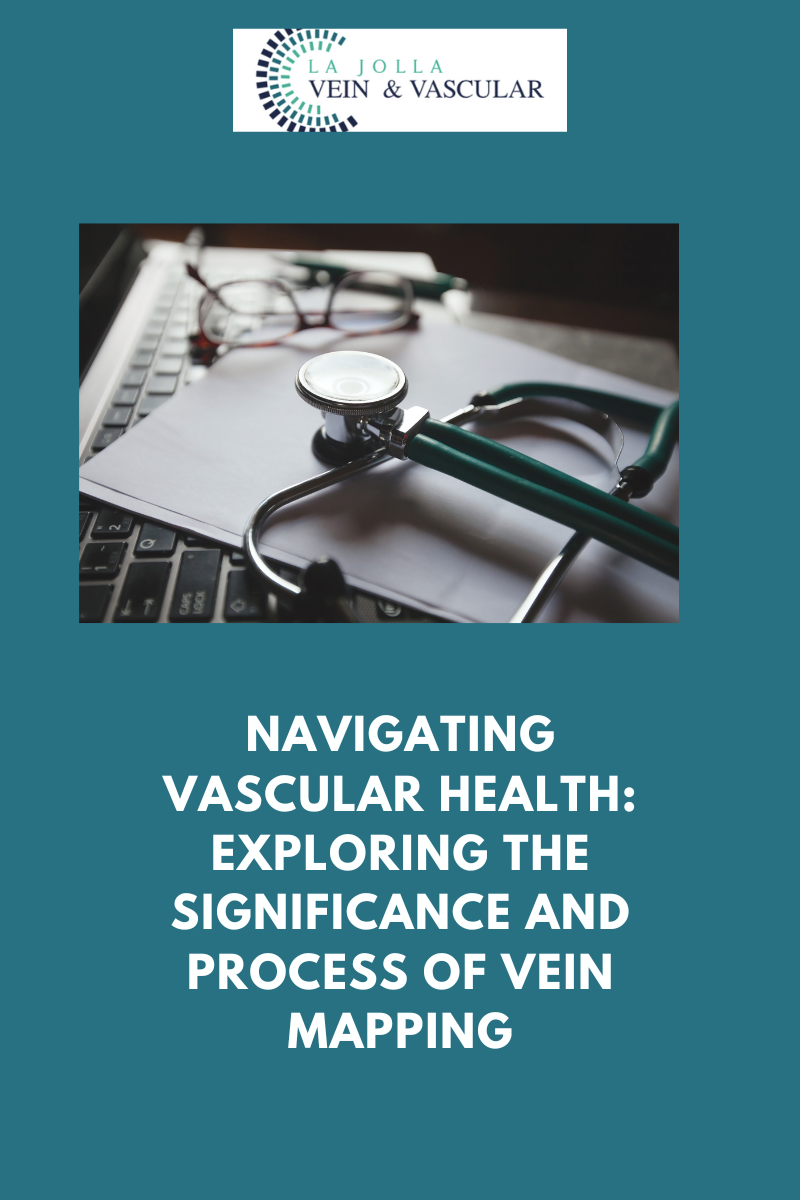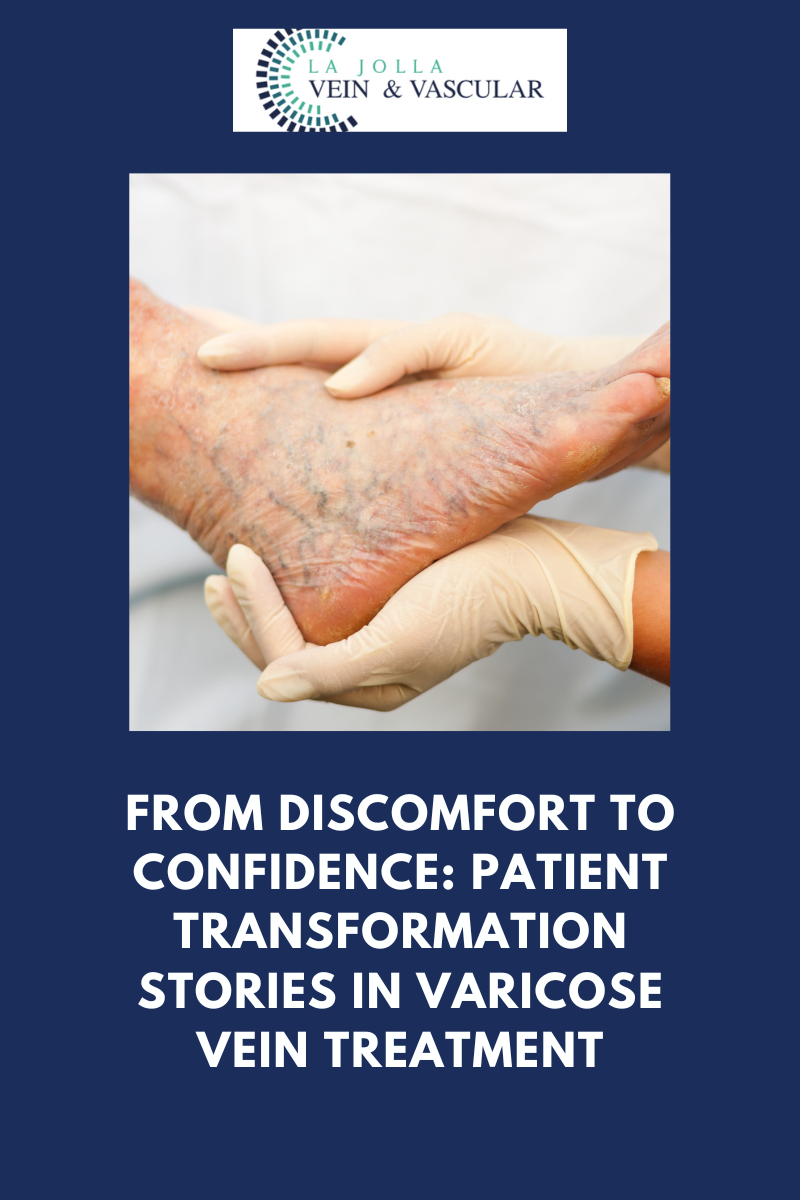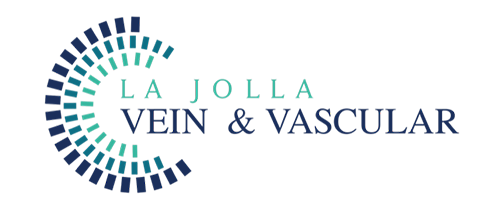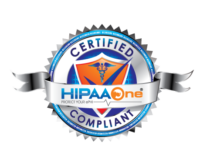Is pregnancy a risk factor for DVT?

Pregnancy is undoubtedly a miraculous journey filled with anticipation and joy, but it also brings about numerous changes in a woman’s body. Amidst the excitement of preparing for a new arrival, it’s essential to be aware of potential health risks, including deep vein thrombosis (DVT). Understanding the relationship between pregnancy and DVT is crucial for expectant mothers and healthcare providers alike. So, let’s dive into this topic to shed light on whether pregnancy is indeed a risk factor for DVT.
Understanding Deep Vein Thrombosis (DVT)
Deep vein thrombosis (DVT) is a condition characterized by the formation of blood clots within the deep veins of the body, commonly occurring in the legs. These clots can impede blood flow and pose serious health risks if they dislodge and travel to the lungs, causing a pulmonary embolism. While DVT can affect anyone, certain factors increase the likelihood of its occurrence, including pregnancy.
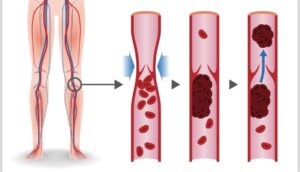
Pregnancy and DVT Risk
Pregnancy brings about a multitude of physiological changes that predispose women to an increased risk of developing DVT. Here’s how pregnancy contributes to this risk:
- Hormonal Changes: During pregnancy, the body experiences hormonal fluctuations, including elevated levels of estrogen and progesterone. These hormones can influence blood clotting factors, potentially leading to an increased tendency for clot formation.
- Venous Compression: As the uterus expands to accommodate the growing fetus, it can exert pressure on the veins in the pelvic area and lower extremities. This compression can impede blood flow, promoting the formation of clots in the deep veins of the legs.
- Sluggish Blood Flow: The circulatory system undergoes changes during pregnancy to support the developing fetus. However, these changes may also result in slower blood flow, especially in the lower extremities, creating an environment conducive to clot formation.
- Immobilization: Pregnancy-related discomfort or complications, such as bed rest or reduced mobility due to swelling or pain, can contribute to prolonged periods of immobility. Immobilization increases the risk of blood pooling in the veins, further heightening the likelihood of DVT.
Identifying and Managing DVT During Pregnancy
Given the potential risks associated with DVT during pregnancy, it’s crucial for expectant mothers to be vigilant and proactive in monitoring their health. Here are some key considerations:
- Awareness of Symptoms: Understanding the signs and symptoms of DVT, such as leg pain, swelling, or warmth, is essential. Any concerning symptoms should be promptly reported to a healthcare provider for evaluation.
- Risk Assessment: Healthcare providers routinely assess pregnant women for their risk of developing DVT based on factors such as age, medical history, and any additional risk factors present.
- Preventive Measures: Pregnant women at higher risk of DVT may be advised to implement preventive measures, such as wearing compression stockings, staying active within recommended limits, and staying well-hydrated.
- Timely Intervention: If DVT is suspected, diagnostic testing, such as duplex ultrasound, may be performed to confirm the diagnosis. Treatment options, including anticoagulant therapy, will be tailored to ensure both maternal and fetal safety.
Pregnancy is a risk factor for deep vein thrombosis (DVT), a temporary one. By understanding the factors contributing to DVT risk during pregnancy and taking appropriate preventive measures, expectant mothers can navigate this period with greater awareness and peace of mind. Open communication with your healthcare providers, adherence to recommended guidelines, and early intervention when necessary are key pillars in ensuring a safe and healthy pregnancy journey for both mother and baby.
“Bringing Experts Together for Unparalleled Vein and Vascular Care”
La Jolla Vein & Vascular (formerly La Jolla Vein Care) is committed to bringing experts together for unparalleled vein and vascular care.
Nisha Bunke, MD, Sarah Lucas, MD, and Amanda Steinberger, MD are specialists who combine their experience and expertise to offer world-class vascular care.
Our accredited center is also a nationally known teaching site and center of excellence.
For more information on treatments and to book a consultation, please give our office a call at 858-550-0330.
For a deeper dive into vein and vascular care, please check out our Youtube Channel at this link, and our website https://ljvascular.com
For more information on varicose veins and eliminating underlying venous insufficiency,
Please follow our social media Instagram Profile for more fun videos and educational information.
For more blogs and educational content, please check out our clinic’s blog posts!

